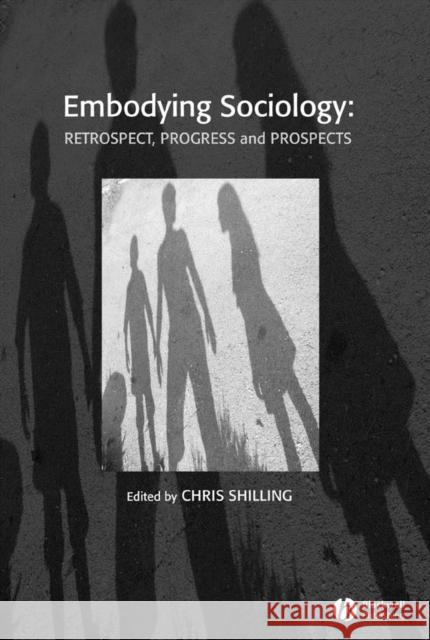Embodying Sociology : Retrospect, Progress and Prospects » książka
topmenu
Embodying Sociology : Retrospect, Progress and Prospects
ISBN-13: 9781405167949 / Angielski / Miękka / 2007 / 208 str.
A study of 'the body' - one of the fastest growing, most influential, and most contested subjects in the social sciences and humanities.
- Includes cutting edge contributions from Europe, America and Asia
- Brings together a series of theoretical, methodological and empirical analyses by leading international exponents of body studies
- Explores the structural, interactional and phenomenological features of human embodiment
- Connects the concerns of classical sociologists to new advances in social theory, anthropology, feminism and social research
- Introduces the study of 'body pedagogics'
- Takes the sociological study of the body in an exciting new direction and opens up new horizons for the sociological imagination











